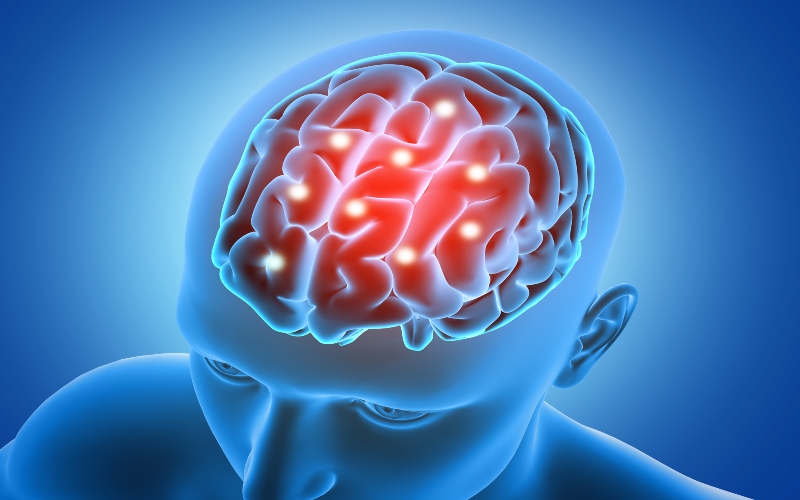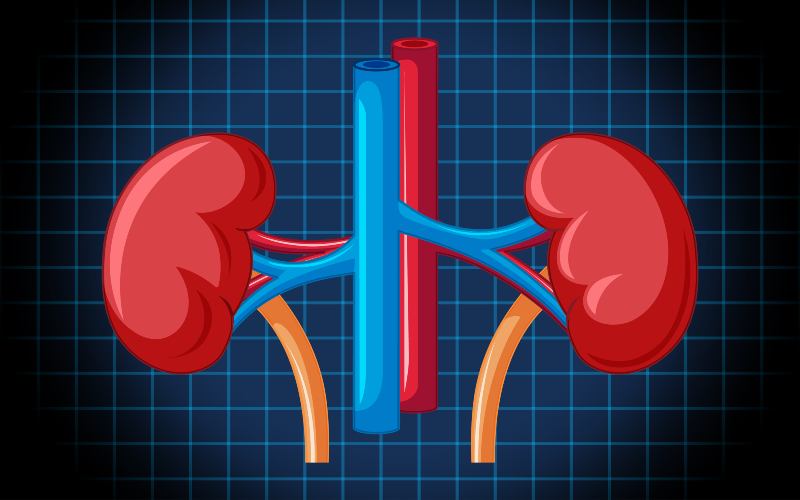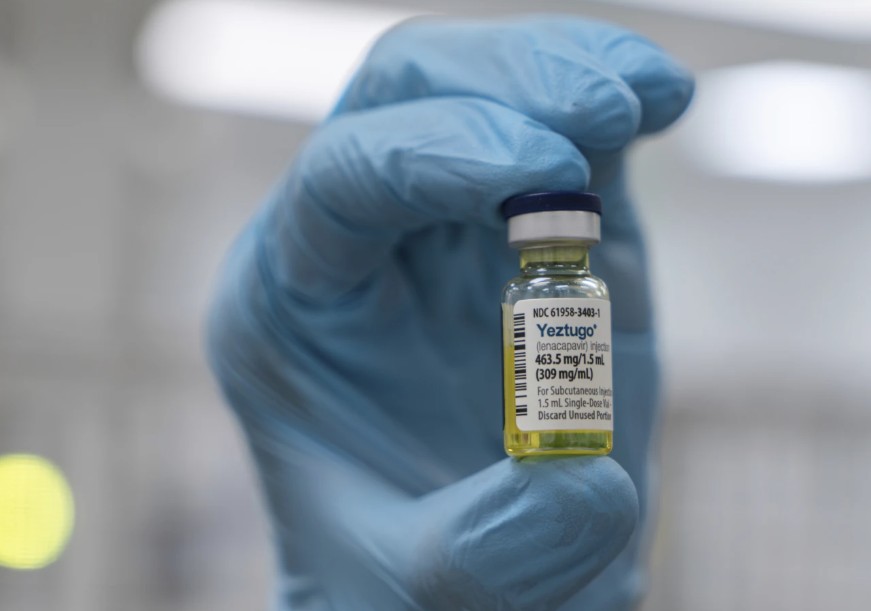Autism explained: What science says about causes and concerns

What causes autism, and why are the numbers rising? Many parents are asking this question, often with confusion and concern.
The public conversation about autism is filled with mixed messages, leaving families increasingly anxious. Recent reports of rising autism cases have caused alarm, especially among parents unsure about the reasons behind these numbers.
Autism, or autism spectrum disorder (ASD), is a developmental condition affecting communication, social interaction, and sensory processing. It can also influence behaviour and learning. The condition is described as a “spectrum” because it includes a wide range of abilities and challenges. Some people may need significant support in daily life, while others live independently and succeed at school or work, according to the World Health Organisation (WHO).
Current scientific research points to many causes, usually with no single factor. Most studies highlight a strong genetic component. A large study involving over two million children across five countries found that approximately 80 per cent of differences in ASD risk are due to inherited genetic factors.
Maternal and environmental effects contribute much less. Genetic variations may include rare mutations, common gene differences, and copy number variants, where small DNA sections are duplicated or missing.
Environmental factors also play a role, especially when combined with genetic susceptibility. Certain prenatal exposures have been linked to an increased risk of autism. These include medications during pregnancy, such as valproic acid, maternal infections like rubella, exposure to air pollution and pesticides, birth complications, very low birth weight, and premature birth.
These factors may influence brain development during sensitive early periods, often before birth. While they do not cause autism alone, they can increase the likelihood in genetically predisposed individuals.
Large genetic studies have identified many autism-associated genes involved in brain development, neuron communication, synaptic function, and brain circuit regulation. Some gene differences are inherited, while others are new mutations not present in parents.
Importantly, despite public concern, vaccines have been thoroughly studied. There is no credible scientific evidence linking vaccines to autism. Major health organisations reject the vaccine-autism connection based on many well-designed studies.
Science shows autism typically arises from a combination of genetic vulnerability and environmental influences. The rise in diagnosed cases is partly due to greater awareness and improved diagnosis, not necessarily an actual increase. Researchers are also exploring whether changing environmental exposures and shifts in parental age or health contribute.
Recently, claims linking paracetamol use during pregnancy to autism have been firmly rejected by the WHO. Earlier research attempted to show a connection, but evidence remains unclear and inconsistent.
A large Swedish study of over 185,000 children found a small increase in autism risk where mothers used paracetamol during pregnancy. However, sibling comparisons, where one child was exposed and the other was not, showed no association. This suggests other factors, including genetics, may explain the link.
Other European studies reported slight increases in autism and ADHD symptoms with prenatal paracetamol exposure, but noted limitations like controlling for reasons behind medication use. Overall, science agrees these findings do not prove cause and effect.
WHO advises pregnant women to use medications like paracetamol only when necessary and under medical supervision.
In Kenya, autism rates appear to be rising sharply, with estimates suggesting as many as 1 in 25 children may be on the spectrum, compared to the global average of about 1 in 100.
In a statement released on September 24, 2025, WHO emphasised that autism remains a complex condition influenced by multiple genetic and environmental factors, with no single cause identified. Despite extensive research, including on possible links between acetaminophen use in pregnancy and autism, “no consistent association has been established.”
ASD affects communication, interaction, and perception. WHO estimates nearly 62 million people worldwide, about 1 in 127, live with autism.
Regarding vaccine safety, the WHO reaffirmed that childhood immunisations do not cause autism. “Large, high-quality studies from many countries have reached the same conclusion. Original studies suggesting a link were flawed and discredited.”
Since 1999, WHO’s independent experts have consistently confirmed vaccines are safe and do not cause autism or developmental conditions.
WHO also highlighted the life-saving role of routine vaccinations, which have prevented at least 154 million deaths over the past 50 years by protecting against more than 30 infectious diseases.
“Every vaccine recommendation by the Strategic Advisory Group of Experts on Immunisation (SAGE) is based on rigorous evidence review to offer the best protection against serious diseases,” the agency added.





